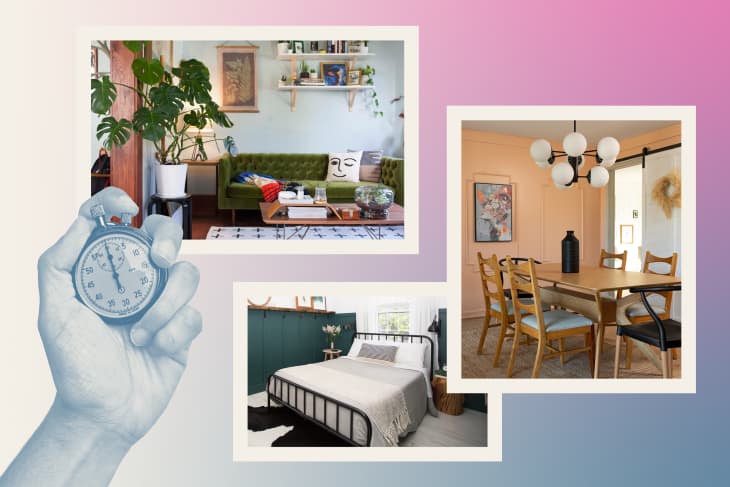Furniture painting is a fun and creative way to breathe new life into your old or outdated furniture. With the right techniques and a little bit of effort, you can transform a dull piece into a stunning and unique statement piece. In this article, we will explore some popular furniture painting techniques that you can easily master.
1. Chalk Paint
Chalk paint has gained popularity in recent years due to its easy application and versatile finish. This technique involves using water-based paint mixed with calcium carbonate, which creates a matte and chalky appearance. To start, clean and sand your furniture to ensure a smooth surface. Then apply the chalk paint in thin coats, allowing each coat to dry before applying the next. Afterward, seal the paint with a clear wax or polyurethane for protection.
2. Distressing
Distressing is a technique that gives furniture an aged and weathered appearance. Begin by applying a base coat of paint in your desired color. Once dry, use sandpaper or a sanding block to gently rub the edges and high points of the furniture, revealing the wood or previous layer of paint underneath. You can also use a hammer, chain, or other tools to create dents and scratches for a more distressed look. Finally, seal the furniture for lasting durability.
3. Decoupage
Decoupage is a popular technique for adding decorative elements to furniture. Start by cleaning and prepping your furniture surface. Cut out images, patterns, or designs from specialty decoupage papers or napkins. Using a decoupage glue or Mod Podge, apply a thin layer onto the furniture surface, then carefully lay your cutouts on top, smoothing out any air bubbles or wrinkles. Allow the glue to dry completely, and then apply additional coats of glue or varnish for a protective finish.
4. Stenciling
Stenciling is a versatile technique for adding patterns and designs to furniture. You can purchase pre-cut stencils or create your own using stencil film or cardboard. Position your stencil onto the furniture and secure it in place using painter’s tape. Dip a stencil brush or sponge into the paint color of your choice and lightly dab it over the stencil openings, being careful not to apply too much paint. Remove the stencil and touch up any imperfections with a small brush. Allow the paint to dry before sealing if desired.

Credit: www.architecturaldigest.com

Credit: www.apartmenttherapy.com
5. Two-Tone
The two-tone technique involves using two complementary colors on different parts of the furniture to create a striking contrast. Determine which areas you want to paint in each color and tape off the edges using painter’s tape. Start by applying the base color to the larger areas, allowing it to dry completely. Once dry, tape off the areas you want to remain in the base color and apply the second color to the desired sections. Remove the tape carefully, ensuring a clean line between the two colors.
6. Ombre
The ombre technique involves painting a gradient effect from light to dark or vice versa. Choose your desired colors and mix them to create the desired shades. Start by painting the lightest color on the top or bottom of the furniture, depending on the direction of the gradient. Gradually blend in the darker or lighter shades by mixing them together and applying the paint in a smooth, sweeping motion. Take your time to achieve a seamless transition between colors.
Frequently Asked Questions Of Furniture Painting Techniques: Master The Art Of Transforming Your Space
How Do I Prepare Furniture For Painting?
To prepare furniture for painting, clean it thoroughly, sand any rough surfaces, and remove any existing paint or varnish.
What Type Of Paint Is Best For Furniture?
The best type of paint for furniture is acrylic paint or chalk paint, which adhere well and offer a durable finish.
Can I Paint Furniture Without Sanding?
Yes, you can skip sanding by using a chalk paint or a bonding primer, which is designed to adhere to surfaces without sanding.
How Do I Achieve A Distressed Look On Furniture?
To achieve a distressed look on furniture, apply a base color, lightly sand the edges and corners, and add another layer of paint in a contrasting color.
Conclusion
With these furniture painting techniques, you can transform your old furniture into stylish and unique pieces that reflect your personal taste. Whether you choose to distress, stencil, decoupage, or try out other techniques, remember to prepare your furniture properly and protect your work with suitable finishes. Get creative, have fun, and let your imagination run wild!

